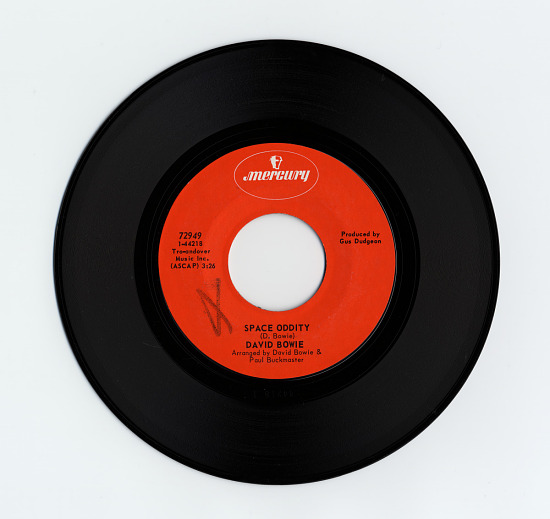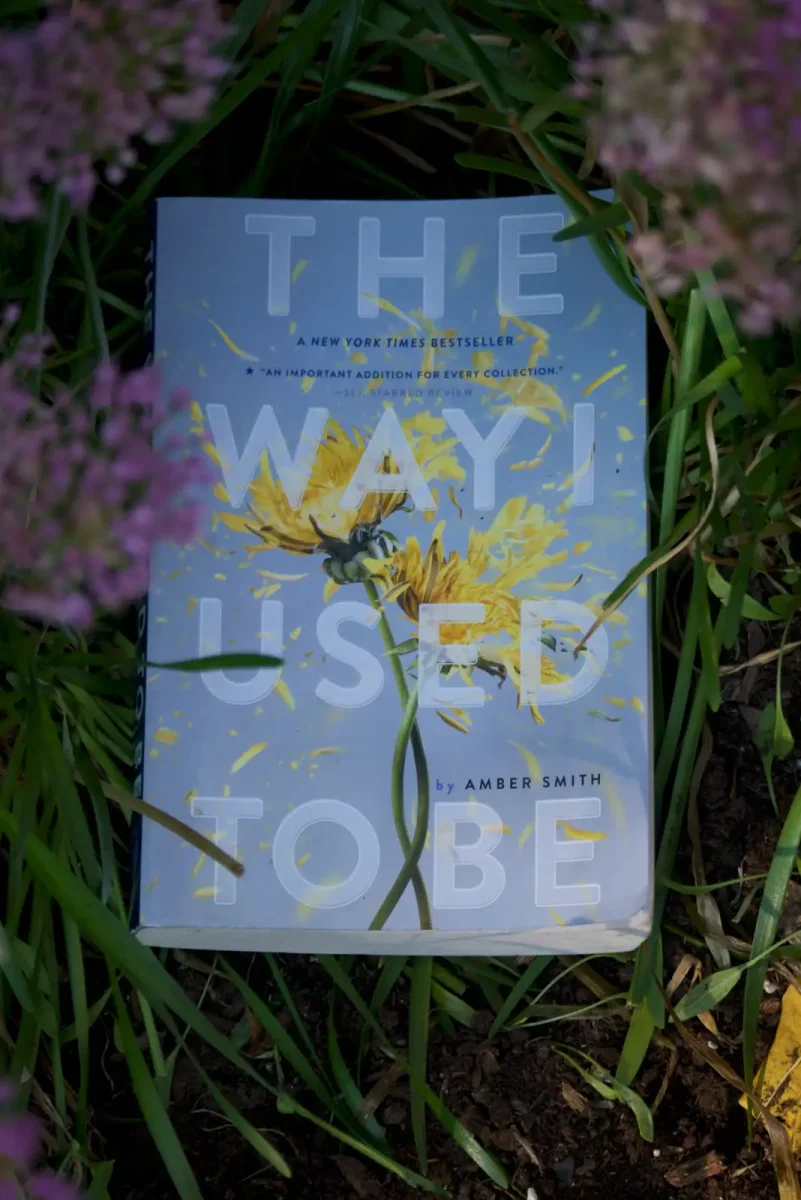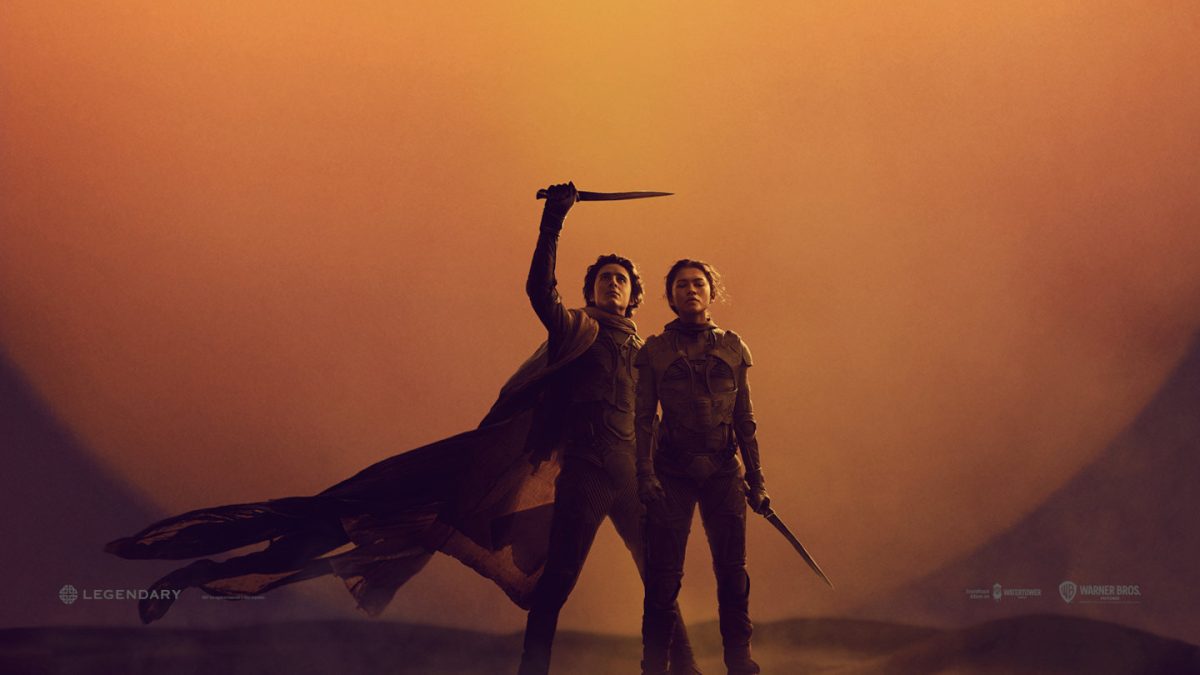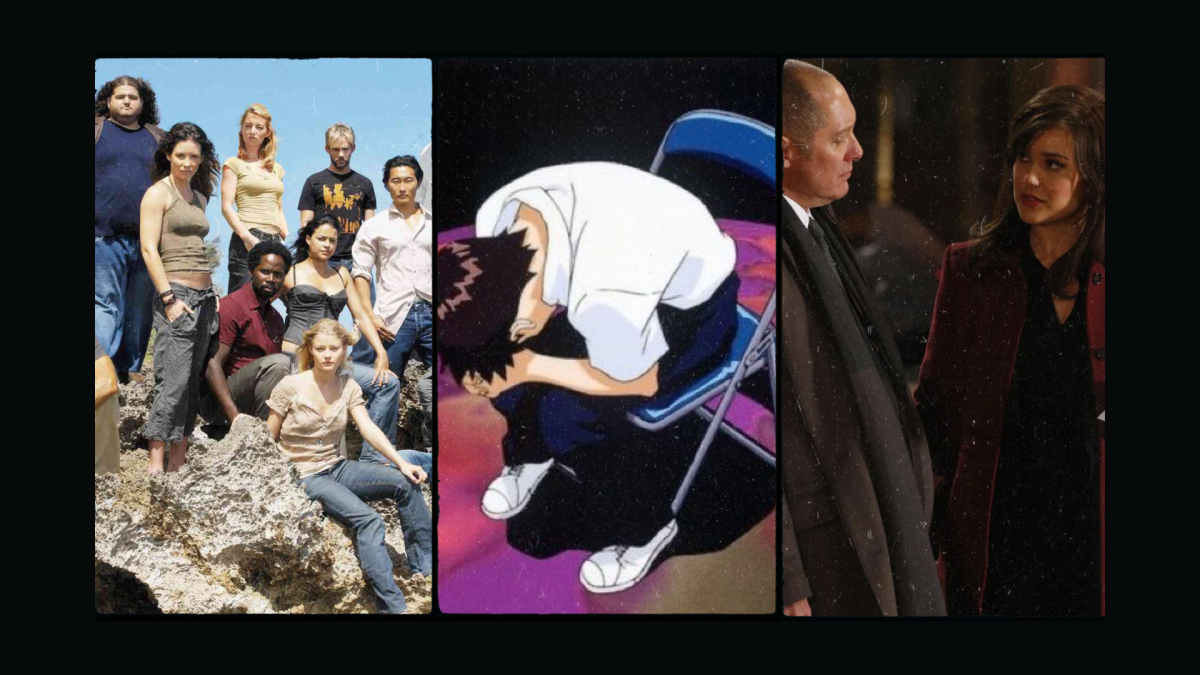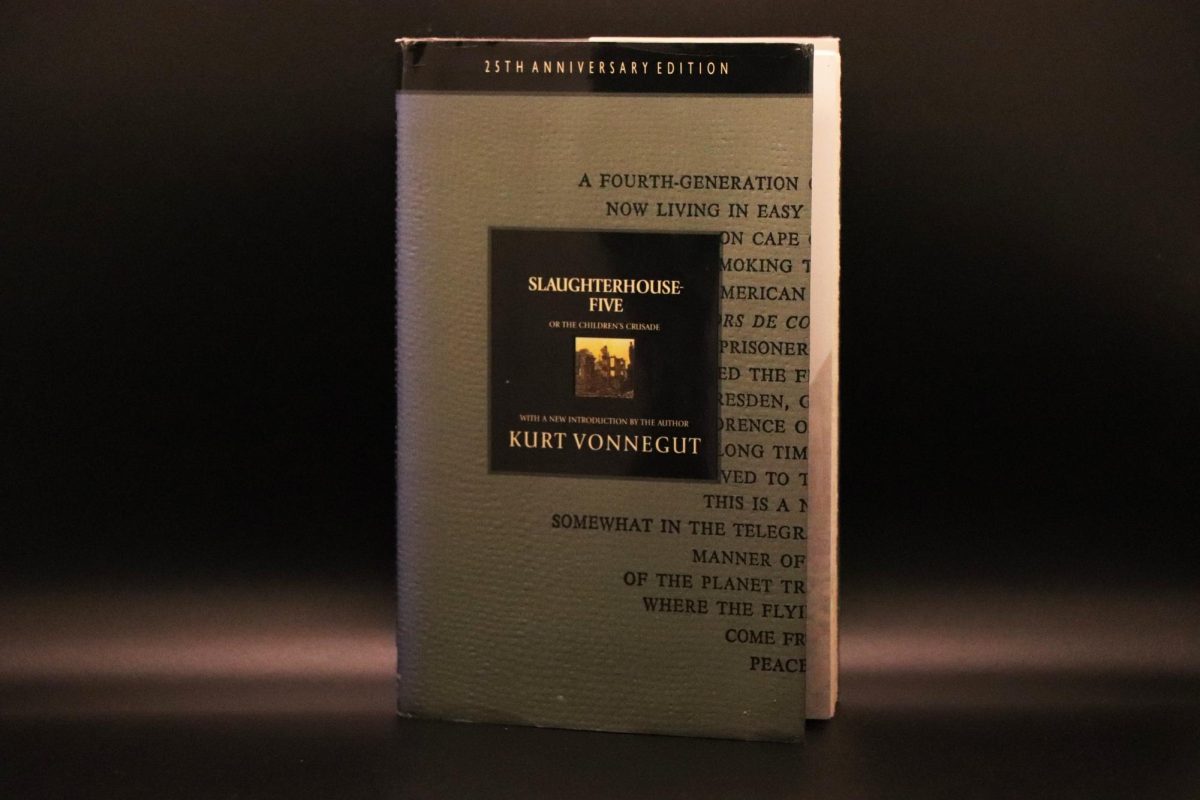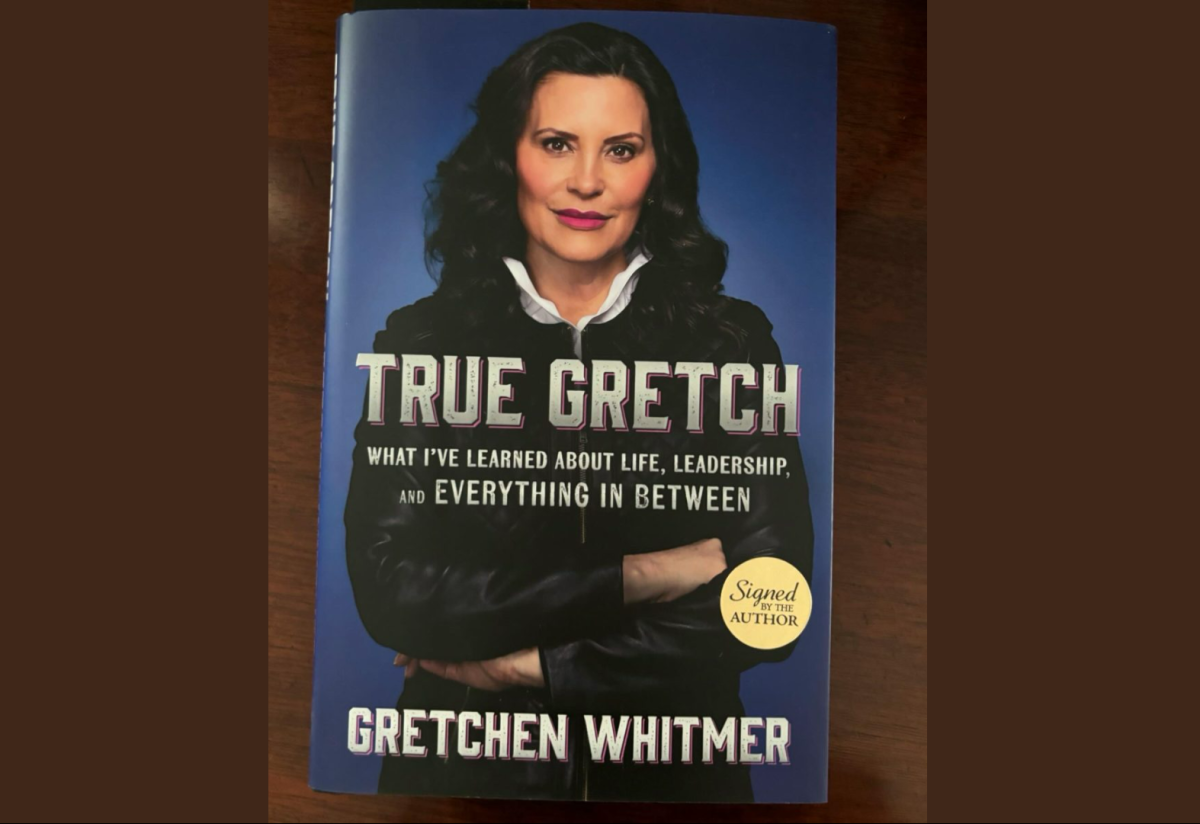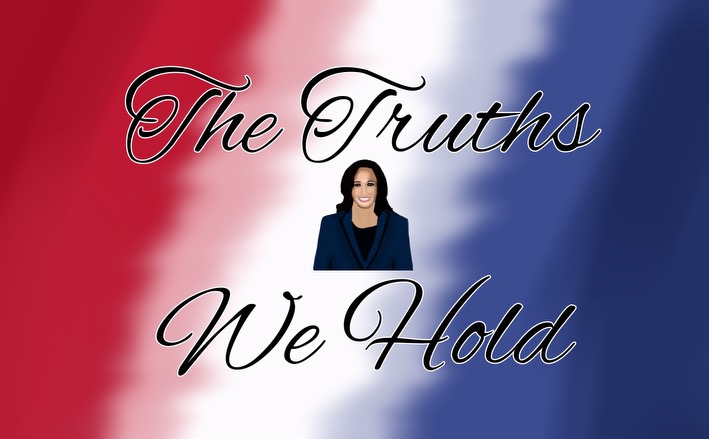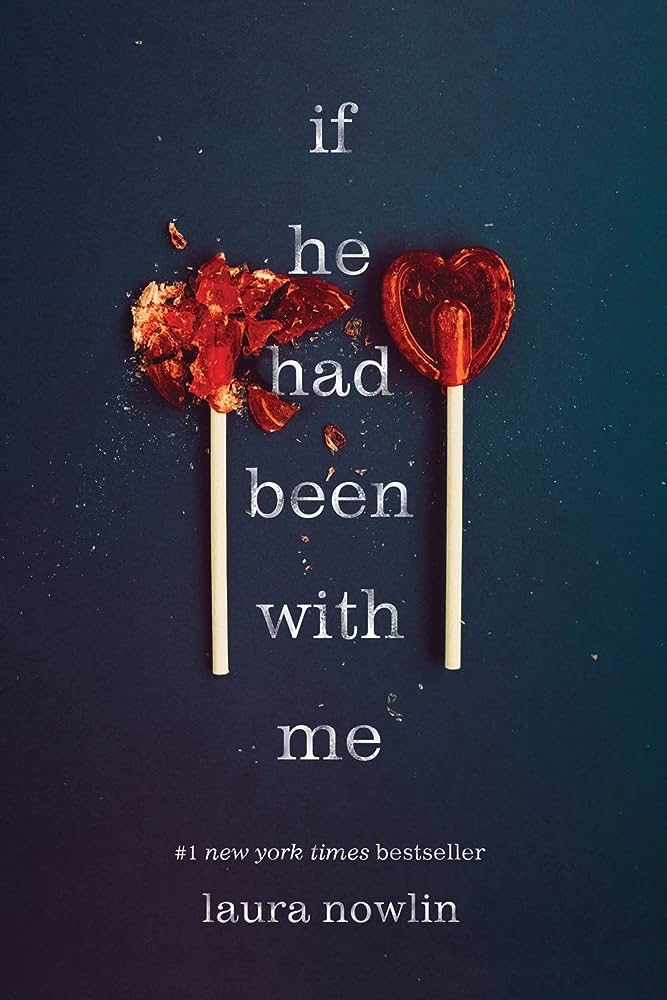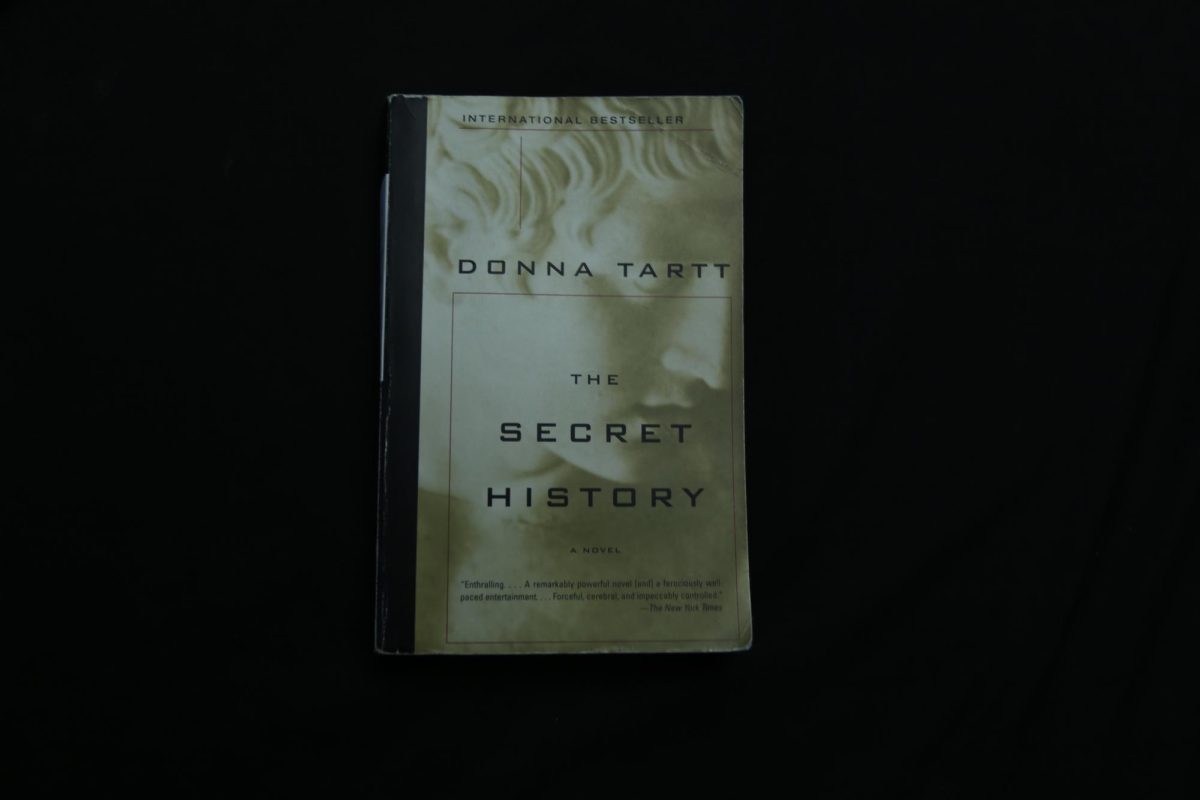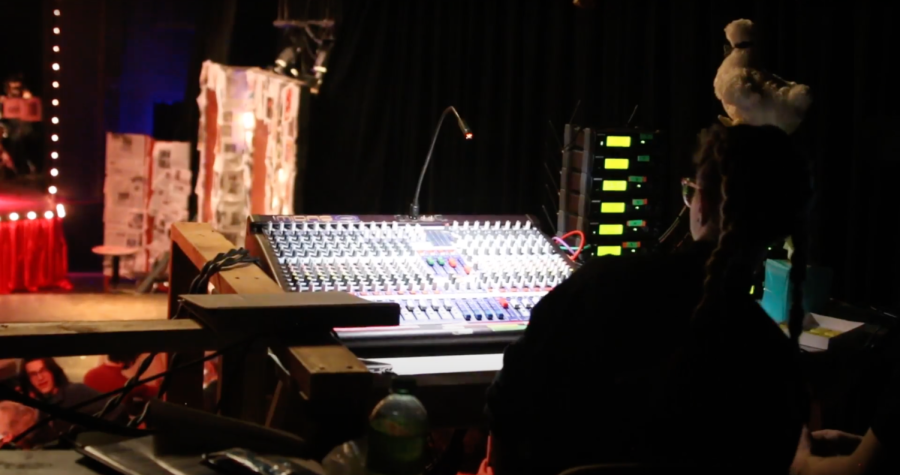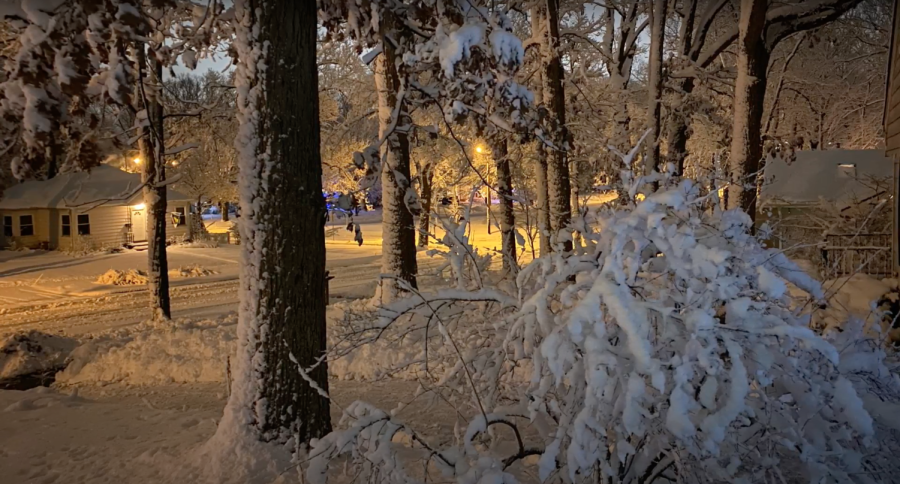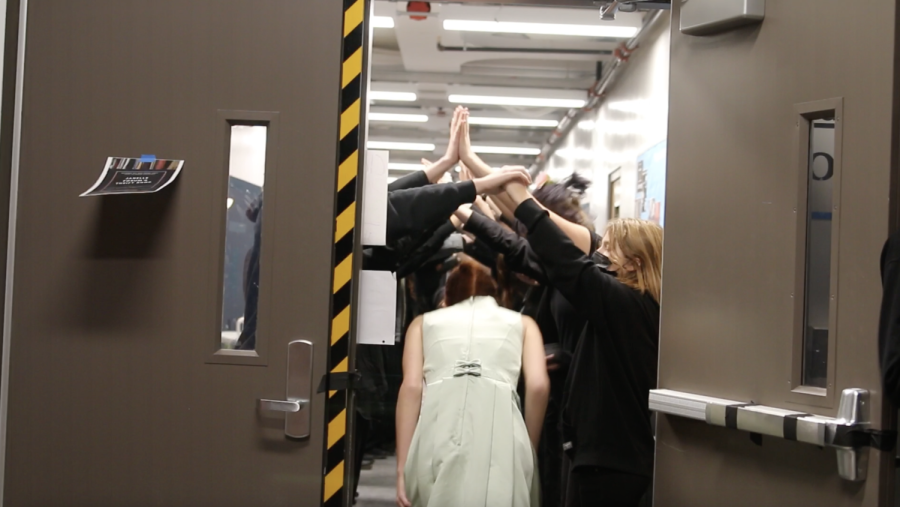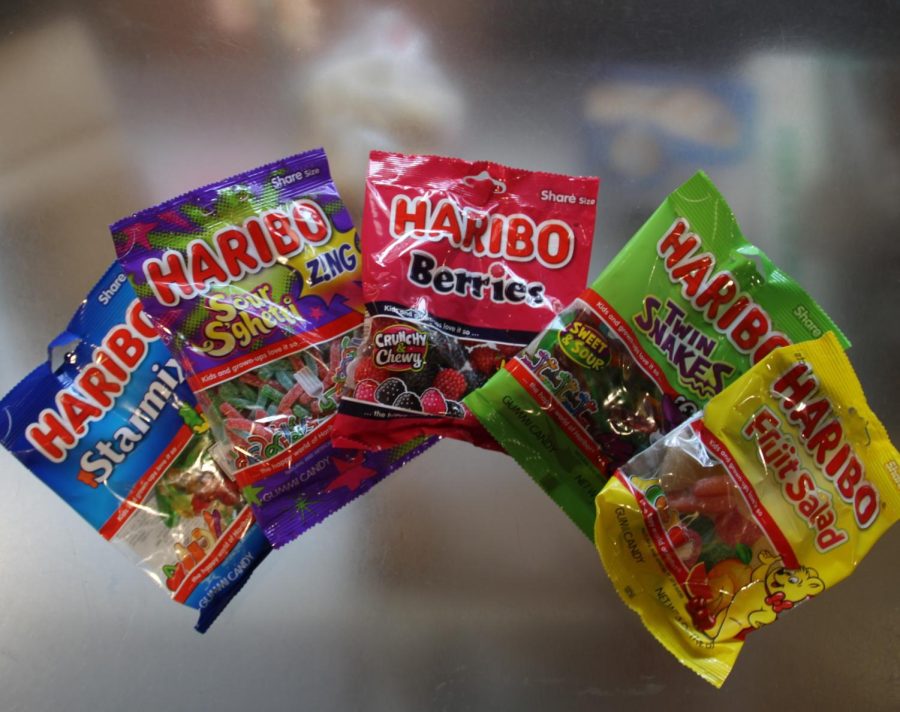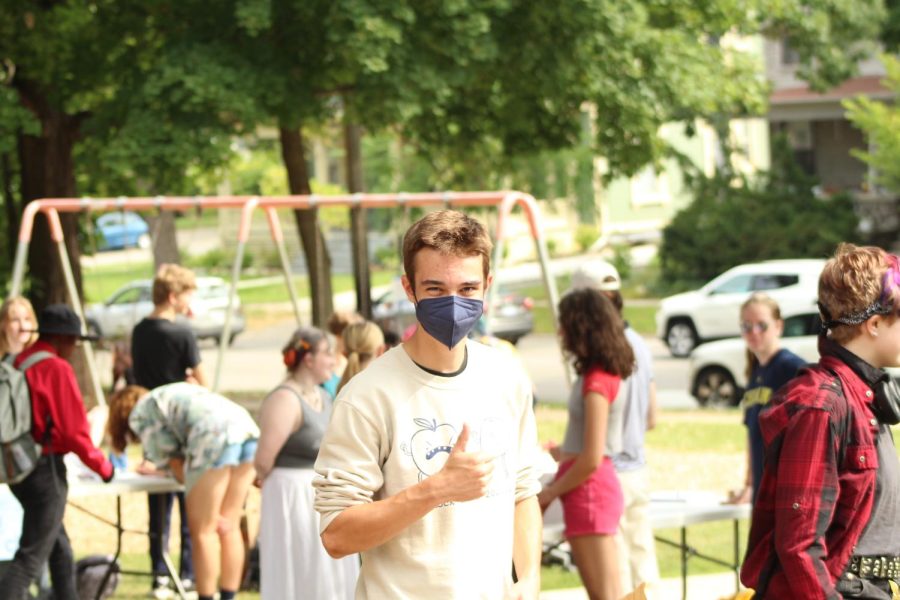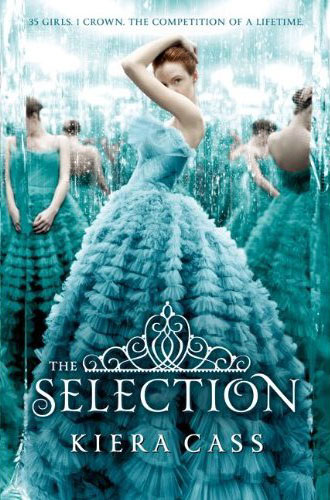
Alternate societal structures, particularly dystopias, have become more and more popular in recent YA fiction, and newly-published author Kiera Cass took advantage of this trend when she penned her first book, The Selection. Described on the fan-made Wiki as “‘The Hunger Games’ meets ABC’s ‘The Bachelor,’” The Selection revolves around a once-in-a-lifetime event in which 35 normal girls compete for the hand of their prince, a young man named Maxon.
In the nation of Illéa, which rose out of the ashes of the United States after the Fourth World War, citizens are divided up into numbered castes, each of which entails a certain social standing and profession. Ones are the royal family; Twos are celebrities and government officials, and so on. The numbering system continues to the lowest caste of Eights, the wandering homeless.
America Singer–yes, that’s seriously her name–and her family of Fives are artists, earning their livelihood by performing music at parties and creating commissioned paintings or sculptures for well-off clients. When the Selection is announced, America’s mother is determined to have her daughter enter. Only 35 girls out of thousands will be picked to go to the palace and woo Prince Maxon, so the odds are slim that America will be chosen.
Still, America is initially very against the idea of putting her name into the lottery, not least because she already has a secret boyfriend, a Six named Aspen. However, when her mother offers to let her keep what she earns from her singing, America softens to the idea and agrees to enter, eager for the opportunity to put away money for the marriage she and Aspen have been planning. She puts her name into the lottery, confident that within a few days everything will blow over and her life will return to normal. That’s before her face shows up in the slideshow presented on national television and the first government check arrives in the mail. It’s official–America has been Selected.
Because of the weekly compensation funds that the families of Selected girls receive, America agrees to go to the palace and compete. She travels to Angeles, the nation’s capital, where she is given a luxurious and lavishly described suite. She is supposed to stay in her room, as the competition has not yet started, but decides to stretch her legs instead and ends up crossing paths with prince Maxon. Since no one else has met the prince yet, they agree to keep this breach of the rules to themselves. America then arranges to serve as Maxon’s “friend,” a confidante who will be there for him throughout the confusing time of the competition. After feeding him a couple of sob-stories about her oh-so-difficult life as a Five, which was not at all apparent from the snapshot given to the reader, Maxon promises to keep her in the competition as long as he reasonably can so her family will continue to receive government funds.
While the world of Illéa was interesting at first glance, after 300+ pages it began to lose its intrigue. The dynamics of the Selection felt stretched and insincere, especially as the group of 35 shrank to a small pool consisting purely of America’s acquaintances and a few stereotypical mean-girl figures. The competition itself takes place literally once a generation, and while participants and their families are handsomely compensated–it’s a dystopia, after all, so everyone is having a hard time–the thousands of others who enter receive nothing for putting their names in the drawing. The lottery process used to pick girls is not entirely random, and tends to draw from the upper castes, the people who already have enough or more. The descriptions of the pretty clothes and lovely food in the palace soon became the only things worth reading for, and even those petered out after a while.
Character dynamics were also flat and forced, especially regarding interactions within the group of Selected. 35 people may be a lot for an author or a reader to keep track of, but for someone in the middle of a group that size, names and faces are quickly learned. However, only a few of the Selected girls were given any hint of character development, and 8 of them were eliminated from the competition and the story directly after their first few minutes with the prince. As the book progressed and America and Maxon had a few chances to spend time together, their interactions also became increasingly stereotypical, with America delivering heart-rending descriptions of her life outside the palace and Maxon responding by working to make life better for his people based on her descriptions.
Perhaps the book’s worst shortcoming was the fact that it gave no indication of being the first of a series, instead giving the impression that it contained the entire story between its covers. In reality The Selection is the first of a trilogy, and was followed up by its sequel, The Elite, on April 23, 2013. The third and final book, titled The One, is due out in Spring 2014. For a time, American television channel The CW Network worked toward a screen adaptation of the books, but recently dropped the project.
For fans of dystopian stories, people who dream about life at court or those who enjoy reading flowery descriptions of food, clothes and furniture, The Selection might be right up your alley. Otherwise, pass it over for something more interesting.
More information can be found on the fan-made Wikia or the website of author Kiera Cass.



